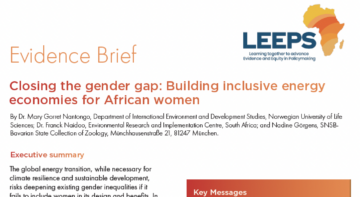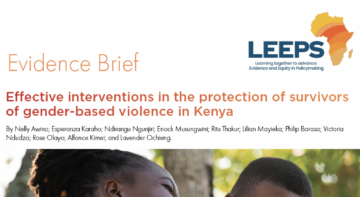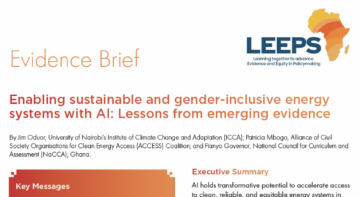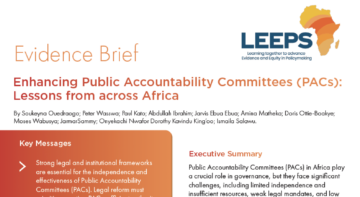
Multiple factors have been reported to drive the burden of TB among men globally, including behavioural factors such as tobacco smoking and alcohol consumption, social mixing, risky occupational exposures such as mining, and poor access to health services.
These existing disparities pose a challenge to achieving broader progress towards global TB elimination, necessitating the identification of high-risk groups as the first step toward developing equitable policies and targeted interventions.
Cross-sectoral collaboration among government agencies is essential to ensure synergy and complementarity in policies and strategies that are aimed at engaging men in TB programming.
Read more from this evidence brief here: MALAWI-PEA-evidence-brief.pdf
Related Publications





